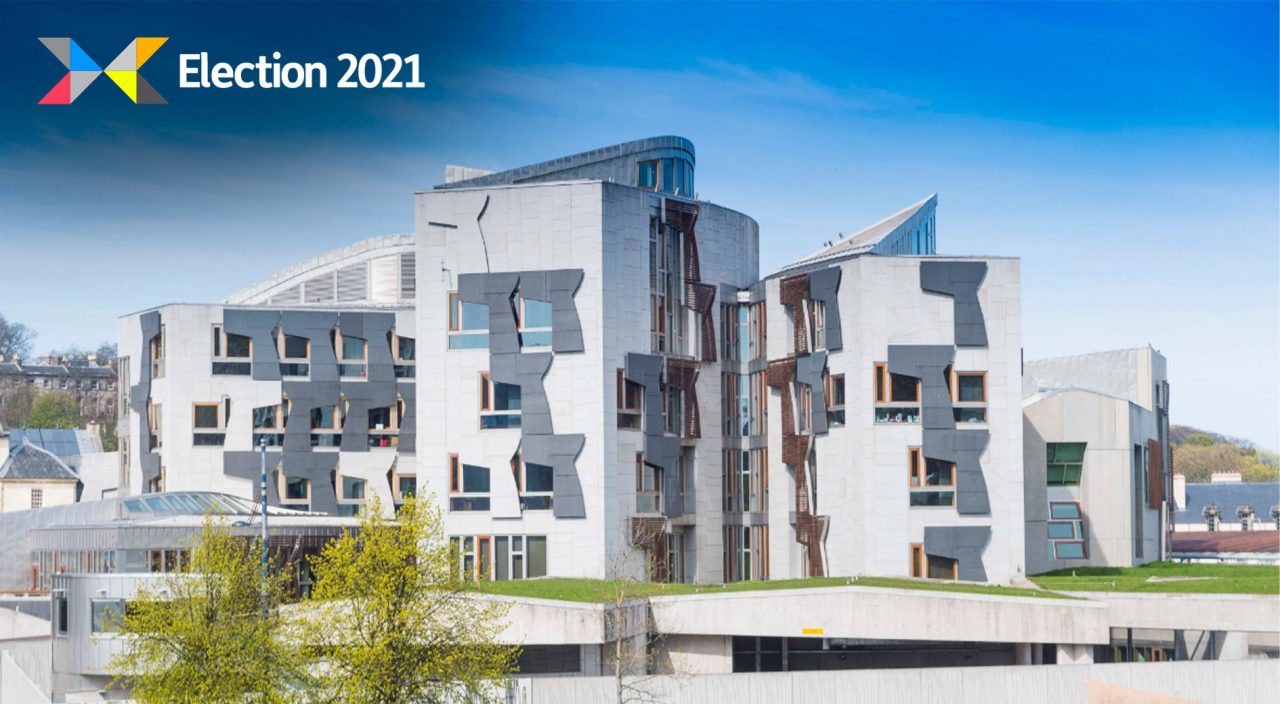The SNP has won a fourth consecutive victory in the Scottish Parliament election.
The party finished on 64 seats – one more than in 2016, but one short of an overall majority.
The Scottish Greens – with eight seats – is now in a relatively strong position.
With the SNP falling just short of a minority – although it’s worth noting that Holyrood is designed to make it difficult to gain a majority – an agreement between the parties may be reached.
Last month, the Greens’ co-leader Patrick Harvie opened the door to such a deal by indicating that he would be “willing to have the conversation” about a formal coalition with the SNP.
During the campaign, the Greens urged people to “vote like our future depends on it”, and so could seek to push for stronger action in areas including tackling the climate emergency, investment in public transport and ensuring a green economic recovery from the coronavirus pandemic.
A deal between the SNP and the Greens would ensure that there is a pro-independence majority at Holyrood, which would pave the way for legislation to be brought forward to enable such a vote to happen.
Prime Minister Boris Johnson has already said that it would be “irresponsible and reckless” to hold a referendum, although sustaining his opposition to granting a section 30 order for a vote to take place could prove increasingly difficult to justify.
The recovery from the pandemic will also be a key issue for MSPs to navigate in the short, medium and the long-term.
With economies across the globe devastated by the impact of Covid-19, investment in health services will be front and centre for many people.
The SNP has pledged to offer at least a 4% pay rise to NHS staff, as well as creating a national care service backed by increasing investment in social care by 25%.
The party has also said it will increase health funding with at least 20% higher frontline spending and will abolish NHS dental charges.
Amongst its other manifesto promises, the SNP has promised to deliver 100,000 more affordable homes, provide universal free school meals for all primary pupils, and to scrap council tax charges for all those under the age of 22.
As the SNP takes power at Holyrood following the election, there will also be the question of replacing key members of the Cabinet such as Jeane Freeman (health secretary) and Mike Russell (constitution secretary) who stepped down as MSPs.
Prominent figures such as the party’s former leader at Westminster Angus Robertson and its former Airdrie and Shotts MP Neil Gray could be among considerations.
As for opposition parties at Holyrood meanwhile, Scottish Labour leader Anas Sarwar has said that his party is “on a journey” as he aims to revive their fortunes after being elected as leader in February, whilst Scottish Conservatives leader Douglas Ross has maintained his opposition to a second referendum.
Willie Rennie also makes a return to the Scottish Parliament as the leader of the Liberal Democrats and following his election said that a referendum should not “get in the way” of a Covid recovery.
Follow STV News on WhatsApp
Scan the QR code on your mobile device for all the latest news from around the country


 SNS Group
SNS Group

























